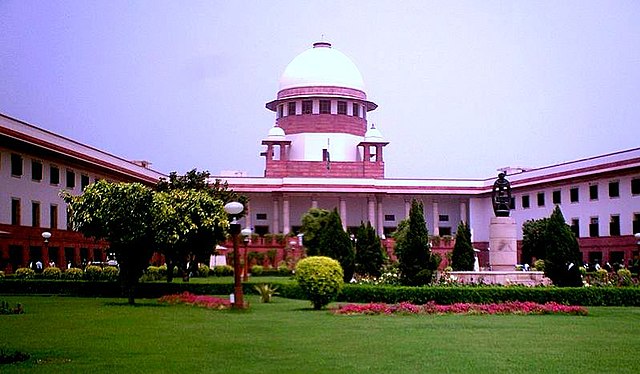In a significant development, a five-judge bench of the Supreme Court, headed by Chief Justice of India, DY Chandrachud, has issued a directive to the Chairman of the State Bank of India (SBI). The directive mandates the submission of a sworn declaration by 5 pm on March 21, ensuring the bank’s compliance with the full disclosure requirement.
This crucial instruction comes as part of the ongoing legal proceedings, underscoring the court’s commitment to transparency and adherence to regulatory standards. The directive emphasizes the importance of upholding rigorous disclosure norms within financial institutions.
The specified deadline underscores the urgency of the matter, indicating the court’s firm stance on accountability and timely compliance. Failure to meet this deadline could entail legal consequences for the SBI and its leadership.
This development highlights the proactive role of the Supreme Court in overseeing regulatory compliance within the banking sector. By focusing on full disclosure requirements, the court aims to bolster investor confidence and ensure the integrity of financial institutions.
In response to the court’s directive, the SBI chairman is expected to furnish a comprehensive sworn declaration, affirming the bank’s adherence to all disclosure mandates. This declaration is pivotal in providing assurance to stakeholders and the judiciary regarding the bank’s commitment to regulatory compliance.
As the deadline looms, all eyes are on the SBI and its leadership to fulfill the court’s directive promptly. The outcome of this submission will undoubtedly have far-reaching implications for the banking industry and regulatory enforcement.
In conclusion, the Supreme Court’s directive to the SBI chairman underscores the paramount importance of regulatory compliance and transparency within the banking sector. With the deadline fast approaching, the onus is on the SBI to demonstrate unequivocal adherence to disclosure requirements, thereby upholding the integrity of the financial system

